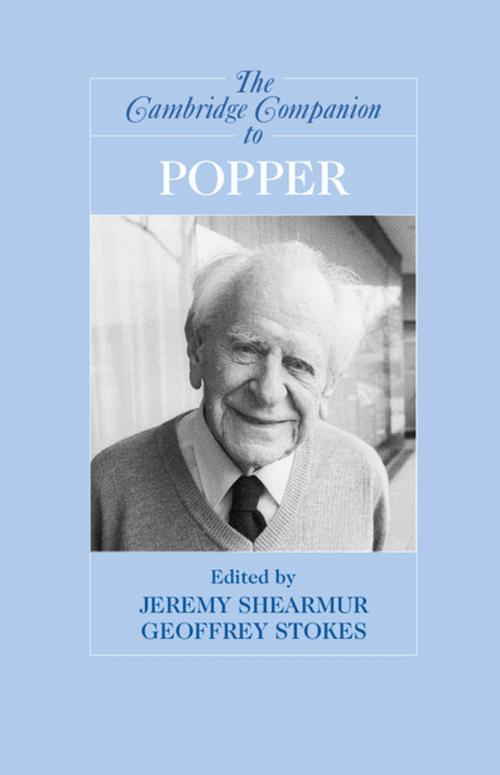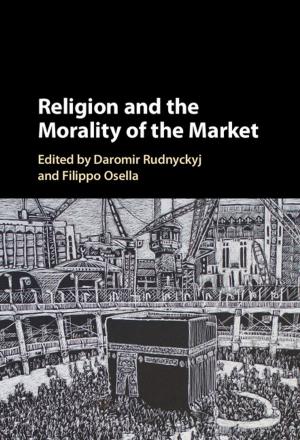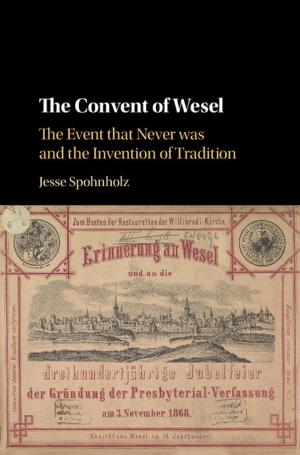The Cambridge Companion to Popper
Nonfiction, Science & Nature, Science, Other Sciences, Philosophy & Social Aspects, Religion & Spirituality, Philosophy| Author: | ISBN: | 9781316545089 | |
| Publisher: | Cambridge University Press | Publication: | June 24, 2016 |
| Imprint: | Cambridge University Press | Language: | English |
| Author: | |
| ISBN: | 9781316545089 |
| Publisher: | Cambridge University Press |
| Publication: | June 24, 2016 |
| Imprint: | Cambridge University Press |
| Language: | English |
Karl Popper was one of the most influential philosophers of the twentieth century. His criticism of induction and his falsifiability criterion of demarcation between science and non-science were major contributions to the philosophy of science. Popper's broader philosophy of critical rationalism comprised a distinctive philosophy of social science and political theory. His critique of historicism and advocacy of the open society marked him out as a significant philosopher of freedom and reason. This book sets out the historical and intellectual contexts in which Popper worked, and offers an overview and diverse criticisms of his central ideas. The volume brings together contributors with expertise on Popper's work, including people personally associated with Popper (such as Jarvie, Miller, Musgrave, Petersen and Shearmur), specialists on the topics treated (Bradie, Godfrey-Smith and Jackson), and scholars with special interests in aspects of Popper's work (Andersson, Hacohen, Maxwell and Stokes).
Karl Popper was one of the most influential philosophers of the twentieth century. His criticism of induction and his falsifiability criterion of demarcation between science and non-science were major contributions to the philosophy of science. Popper's broader philosophy of critical rationalism comprised a distinctive philosophy of social science and political theory. His critique of historicism and advocacy of the open society marked him out as a significant philosopher of freedom and reason. This book sets out the historical and intellectual contexts in which Popper worked, and offers an overview and diverse criticisms of his central ideas. The volume brings together contributors with expertise on Popper's work, including people personally associated with Popper (such as Jarvie, Miller, Musgrave, Petersen and Shearmur), specialists on the topics treated (Bradie, Godfrey-Smith and Jackson), and scholars with special interests in aspects of Popper's work (Andersson, Hacohen, Maxwell and Stokes).















